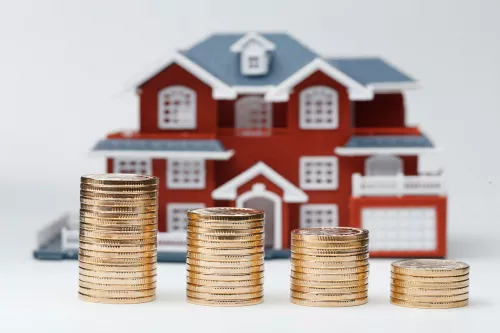Buying a house is a dream for many, but what if your credit score isn't in the best shape? The good news is that it's not impossible. Even with a low credit score, there are ways to make homeownership a reality. Let’s explore the answers to some of the key questions concerning buying a house with a low credit score.
Is 500 Credit Score Enough to Buy a House?
Let's address the elephant in the room: a 500 credit score is considered quite low in the world of credit ratings. While it's challenging, it's not necessarily a deal-breaker. Certain loan programs, particularly those backed by the government like FHA loans, may offer options for those with credit scores as low as 500. However, you'll likely need a higher down payment (usually around 10%) and will face higher interest rates.
Best Type of Mortgage for Bad Credit
Embarking on the journey to homeownership can be daunting, especially when your credit history is less than perfect. However, a lower credit score doesn't have to be a roadblock to purchasing your dream home. This section delves into the best types of mortgages tailored for those with bad credit.
Understanding the available mortgage options and their unique features can be a game-changer in your house-buying process. With the right knowledge and approach, securing a mortgage, even with bad credit, is not just a possibility, but a reachable goal.
FHA Loans
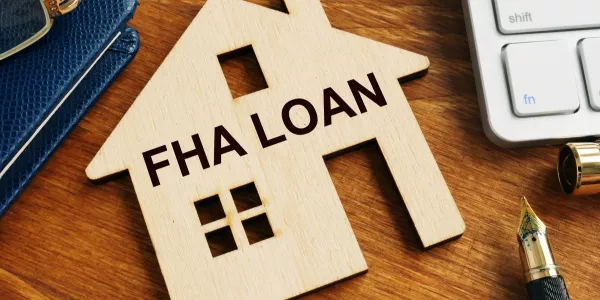
These loans are insured by the Federal Housing Administration and are a popular choice for buyers with low credit scores. FHA loans typically require a credit score of 580 or higher for the lowest down payment option, but those with scores between 500-579 can still qualify with a 10% down payment.
VA Loans
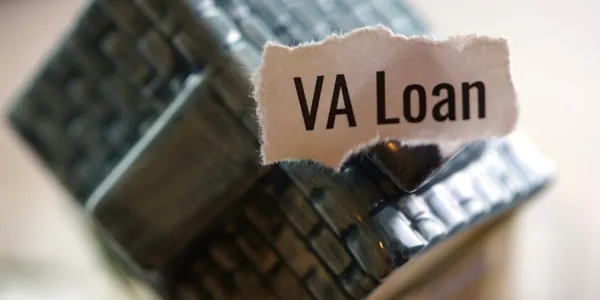
If you're a veteran, a VA loan could be an excellent choice. VA loans, backed by the Department of Veterans Affairs, don't require a minimum credit score. However, lenders typically look for a score of at least 620.
USDA Loans
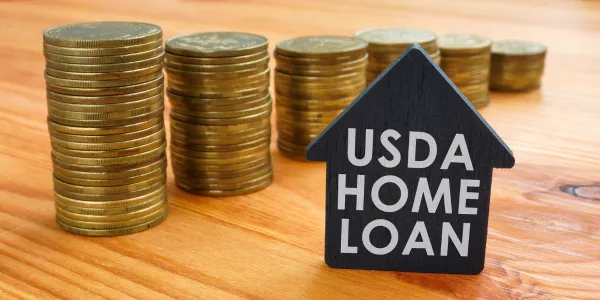
Aimed at rural home buyers, USDA loans don't have a set credit score requirement, but a score of 640 can help you get streamlined processing.
Conventional Loans

For those with a credit score just below average, a conventional loan might still be possible. Some lenders are willing to work with credit scores as low as 620.
Improving Your Odds
Here we will offer you practical, actionable strategies to enhance your chances of getting approved for a mortgage, even with bad credit.
Higher Down Payment
Offering a higher down payment can sometimes offset the risk lenders take on with lower credit scores.
Seek a Co-Signer
Having someone with a higher credit score co-sign the mortgage can improve your chances.
Address Credit Issues
Pay down debt and ensure your credit report is accurate. Sometimes, errors on credit reports can negatively impact your score.
What is the Lowest Credit Score to Buy a House?
While specific requirements can vary by lender and loan type, in general, the lowest credit score needed to buy a house is typically around 500 for an FHA loan. However, it's essential to remember that a lower credit score often means higher interest rates and more stringent down payment requirements.
Tips for Buying a House with Bad Credit
Yes, it is possible to buy a house with bad credit, but there are few things you can do to be as prepared as possible.
Review Your Credit Report
Before starting the home-buying process, understand why your credit score is low and what you can do to improve it.
Shop Around for Lenders
Some lenders are more willing than others to work with buyers who have lower credit scores.
Budget Wisely
Factor in additional costs like higher interest rates and potentially higher insurance premiums.
Homebuyer Education Courses
These courses can provide valuable information and sometimes improve your chances of qualifying for certain loans.
People Also Ask
What is the Debt-to-Income Ratio?
The Debt-to-Income Ratio (DTI) is a key metric used to gauge a home buyer's capacity to manage monthly debt repayments. It's calculated by dividing a buyer's monthly debt obligations (like auto loans, student loans, credit card payments, child support, and anticipated mortgage payments) by their gross monthly income.
DTI, a crucial element of mortgage applications, doesn't account for other monthly expenses or total household income. Essentially, it compares monthly spending commitments to earnings. Lower DTI ratios improve the likelihood of mortgage approval, as most lenders have maximum DTI limits that applicants must not exceed.
What is a credit score?
In mortgage lending, credit scores objectively assess a home buyer's risk to lenders, with higher scores indicating lower risk. The most widely used scoring model is the FICO score, developed by the Fair Isaac Corporation in 1956 and continually updated. FICO scores range from 300 to 850, based on five key categories, with 850 being the best possible score.
What is downpayment assistance?
Down payment assistance provides support for first-time home buyers in covering their down payment. Typically, when purchasing a home, you're required to pay a certain percentage of the home's total purchase price upfront, known as the down payment.
The required down payment can differ, with some mortgage plans even eliminating the need for one. However, gathering the necessary funds upfront can be challenging for many, leading to the establishment of various down payment assistance grants, loans, and programs specifically designed to aid first-time buyers.
Down payment assistance, available primarily for first-time home buyers, can take the form of grants, loans, or other programs. These programs are often managed by various organizations, including the U.S. Department of Housing and Urban Development (HUD), state or local housing authorities, or nonprofits.
Eligibility for these programs is typically based on household income and credit history and varies by state and program. Applicants usually need to submit a formal application and sometimes attend educational sessions on mortgages and financial management.
The amount of assistance provided varies by program; some offer a percentage of the home’s sale price, while others have a fixed dollar cap. It's important to research each program's specific requirements and understand whether the assistance is a grant or a loan, as well as the maximum aid available. Additionally, it's crucial to ensure that the down payment assistance program is accepted by your lender.
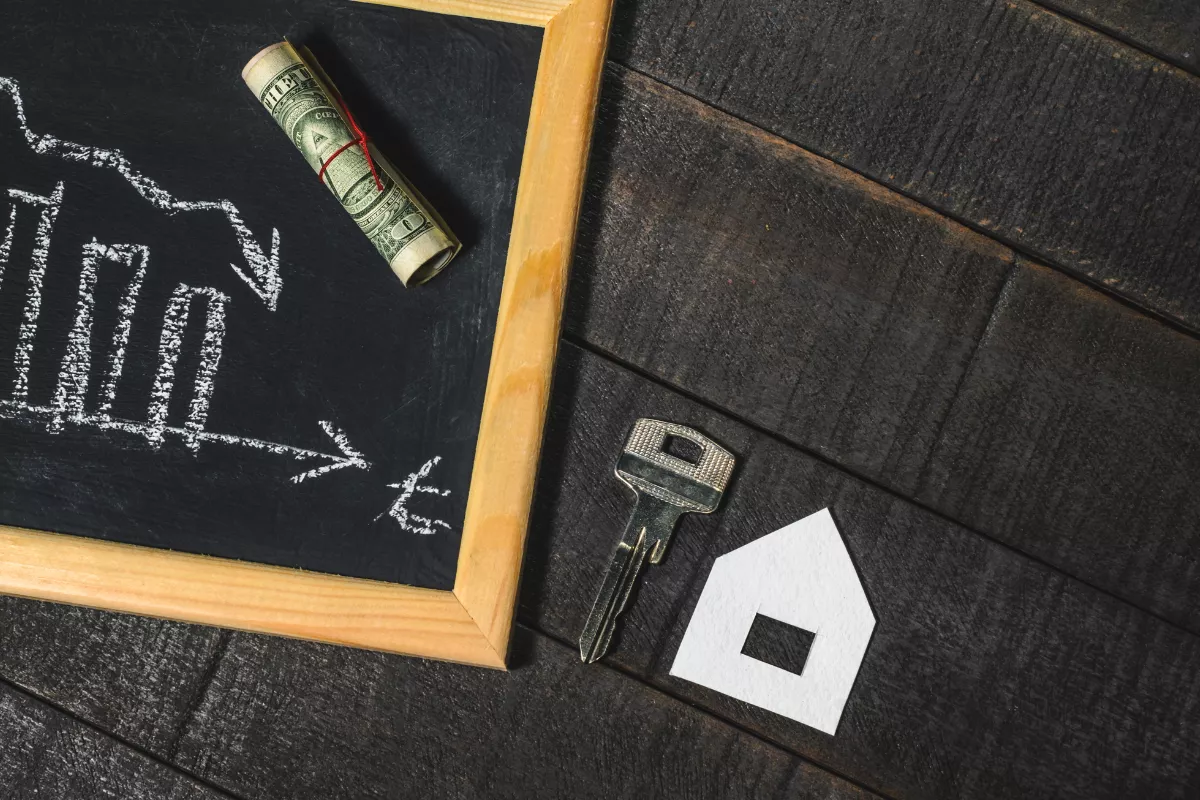
 Marcio Vasconcelos
Marcio Vasconcelos
